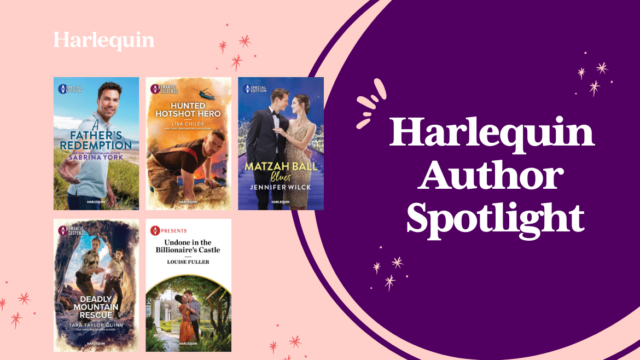This if for Harlequin E Historical Romance. SJ Cameron opens the story with definite action!
A moan.
He paused on his way back to the box for a moment wondering if someone was hurt. There it was again, a tone he knew so well, followed by a whispered, “my love”.
The wide theatre corridors were empty of patrons. He stilled, staring hard at the slight movement of red. Reaching for the edge he wrenched the curtains apart. The couple froze and it took a moment for their shock to register. Disbelief, closely followed by fury, settled over his face. Stepping back, he dropped the curtain. With a look so dark and brooding that none would have mistaken the turmoil behind his dark eyes, he stormed down the hall, past occupied boxes, where patrons were enjoying a performance oblivious to the firestorm brewing outside.
The main doors to the theatre building flew open as he exploded out as if driven by the hounds of hell. Doormen scattered as he thundered down the steps. Charging on to the street outside he struggled to fill his lungs with air. Footsteps sounded behind him.
“James, wait!” Jordan was breathing heavily in pursuit. He ran down the stairs and halted on the first step with a hand on his brother’s shoulder. A fist swung around and clipped Jordan clearly on the jaw, forcing him to reel backwards. Gripping his chin, he stared up into James’ face with desperate eyes. “Please, try to understand. We didn’t mean for you to…” he stopped, frozen in place by the barely restrained anger in his brother’s eyes.
“You bastard.” He took a step towards Jordan and then halted, not trusting himself not to kill the man. In a low and menacing voice he spat out, “that is my wife, mother to my child, and you…”.
“Please, James, I love her…I always have!” He gripped James’ arm then froze. Jordan watched as years of friendship and loyalty leeched out on the pavement between them.
James opened and closed his fist twice weighing up whether to strike Jordan again. Shaking visibly he turned and strode away into the night.
Jordan thumped down on the step in despair, feeling weary and pained, not as much by the physical blow but the emotional gut punch he had sustained. They had always been close as brothers. James had pulled Jordan out of more scrapes than he could count. Now it would take a miracle for the damage to be undone. Jordan put his head in his hands.
Suddenly, noise and smoke erupted from the theatre. “Fire! Fire! The theatre is on fire!”
First Page Feedback by Deirdre McCluskey (Harlequin E)
This opening includes a dramatic confrontation and a fire – lots of action to pull us into the story! There are a few stylistic changes that would add emotion and immediacy.
Repetition of sentence structure can become monotonous and drain a scene of its sense of urgency. Some examples of repetitive structure: “Reaching for the edge, he wrenched the curtains apart.” “Stepping back, he dropped the curtain.” “Charging on to the street, he struggled to fill his lungs.” This sentence structure (the first parts of these sentences are participial phrases) can be used effectively for tone and variety, but the action (“he wrenched”, “he dropped”, “he struggled”) is diluted and complex sentences will slow the reader down. You may want to use this construction sparingly.
Use of the passive voice makes the characters the subject of the action: “Disbelief…settled over his face.” “Footsteps sounded behind him.” “A fist swung around and clipped him…” As with the participial phrases, the passive voice can add variety to your writing. But a more active voice will put the reader closer to the action. For example, rephrasing “The main doors to the theatre building flew open as he exploded out as if driven by the hounds of hell,” as “James exploded through the theatre doors as if driven by the hounds of hell” invites the reader to feel James’s fury rather than just observe it.
The story is told in the third person, with insight into the thoughts and motivations of the characters. But frequent shifts in point of view can make it challenging for the reader to follow the action and know who to root for. For example, in the first three paragraphs we accompany James as he discovers the couple in the theatre. At that point we think that he is the hero. But in the fourth paragraph we switch to Jordan: “a fist swung around and clipped Jordan clearly on the jaw.” Now our sympathies have switched. Which character do you want the reader to identify with? Limiting the POV to one character for one scene or chapter will enable the reader to form the emotional attachment necessary to become invested in the story.
These first pages demonstrate a love of historical romance, storytelling, and an ear for language. You have the plot and characters in place to captivate readers – I encourage you to look closely at your writing and make sure you hook your readers on Page 1 with emotion, drama and action!
A minor point, but having too many characters with similar sounding names can also grow confusing. James and Justin aren’t exactly alike, but there is a possibility for confusion–as Deirdre said, we had to go back to track the actions with the names to follow everything!



